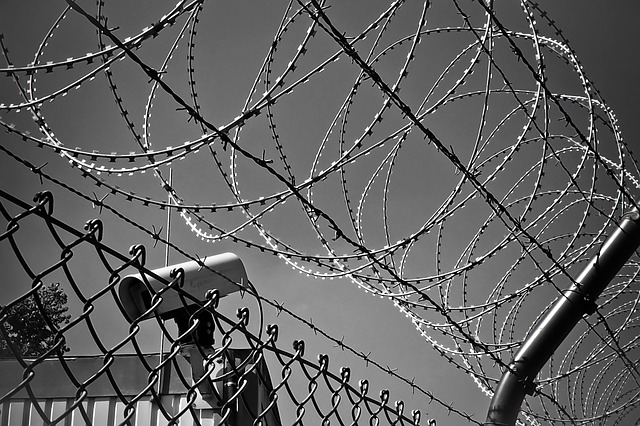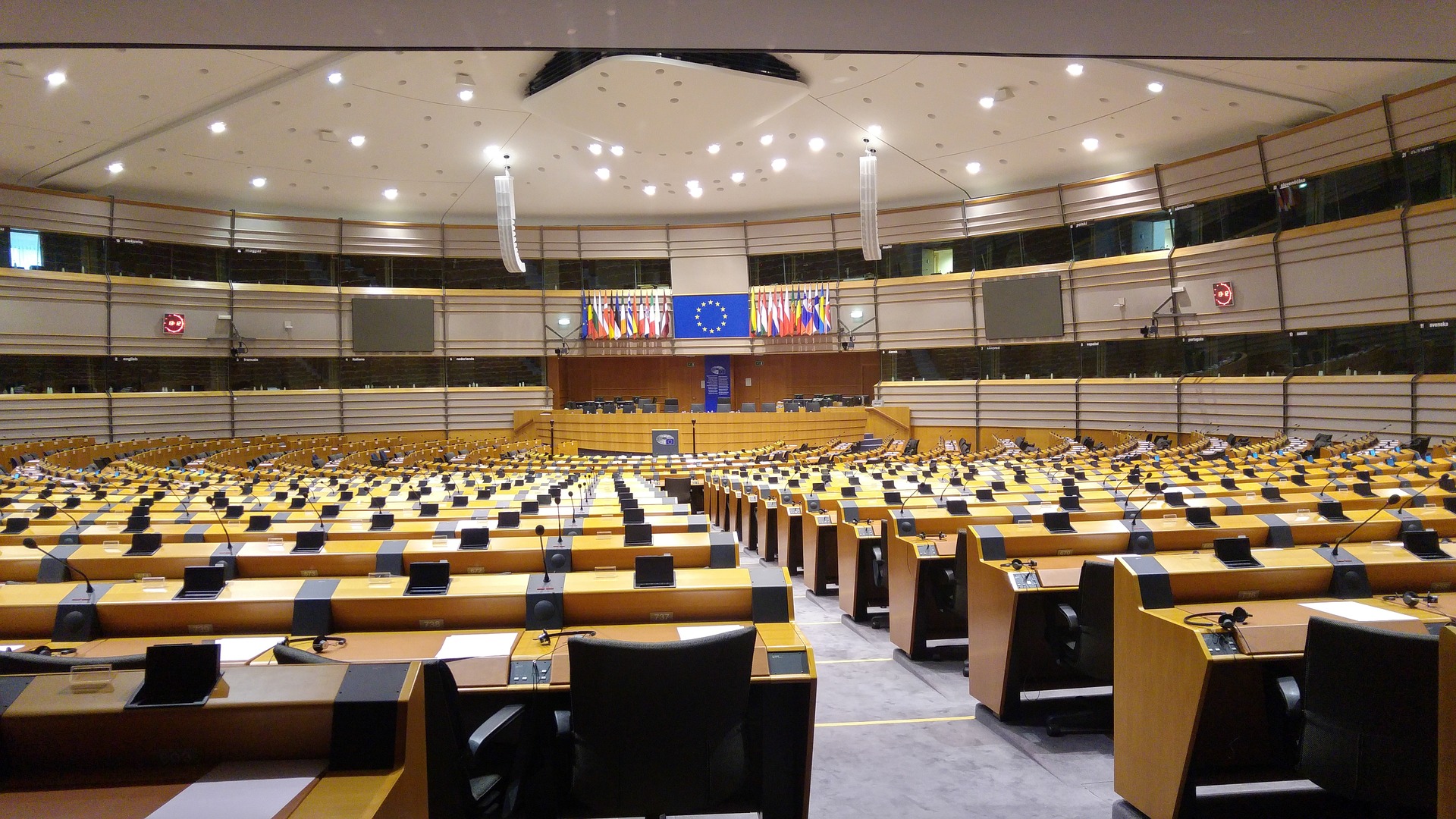POLITHEOR
European Policy Network
Blog 1 Column Left Sidebar
- Home
- Blog 1 Column Left Sidebar

Chronicles of Nauru: Outsourced0
- Human Rights and Migration, Op-ed
- 13/09/2016
Australia’s refugee policy has been a festering wound for the past three years. On August 10th the wound exploded when The Guardian revealed 2,100 reported incidents of the offshore detention centre in Nauru. Most of the attention has been rightly devoted to the abuses themselves. Yet, at the same time it occludes a more widespread, global problem: the risks of outsourcing.
READ MORE
Christmas is a meat feast: Let it at least be special!0
- Environment and Energy, Op-ed
- 02/01/2016
Ensnared by the heavily subsidized meat industry, our growing ‘desire’ for meat is one of the major causes of health problems and environmental degradation. Not only does our excessive meat consumption put a heavy strain on resources, it also contributes to climate change. Since we are literally eating up our chances for a sustainable planet, Europe’s New Year’s resolution should be to cut down on meat.
READ MORE
Chlorine chicken on British plates?0
- International Trade, Op-ed
- 29/05/2018
Back when I was living in Vietnam, I bought and cooked a pale looking chicken, which left large rashes over my hands. I never got to know what exactly caused this reaction, but this experience reinforced my cautiousness regarding transformed foodstuff and my aversion for chlorine chicken. This feeling is shared by many across Europe, including in the UK where 82% of the population recently declared they would rather ditch a trade deal with the US than let chlorine chicken into their plates. However, this agreement is very likely to happen, and citizens may not have a say in the matter.
READ MORE
Childhood is not a crime0
- Human Rights and Migration, Op-ed
- 26/07/2018
The US government is manipulating migrants by not bringing their children back. How is it possible that children became a blackmailing tool?
READ MORE
Changing everything so that nothing changes? The future of UK seats in the EP0
- EU Governance and Politics, Op-ed
- 08/08/2017
As the 2019 elections get closer, the future allocation of 73 UK seats in the European Parliament remains an unsolved conundrum. The long-debated proposal of substituting them with a pan-European list of candidates from European Political parties is welcomed with enthusiasm by the Brussels establishment. However, little attention is often devoted to its indirect consequences if not well thought through: more power to bigger Member States, whose candidates would emerge as privileged, and institutional deadlock, as a unanimity of Member States is required to agree according to the rules on Treaty Change.
READ MORE







